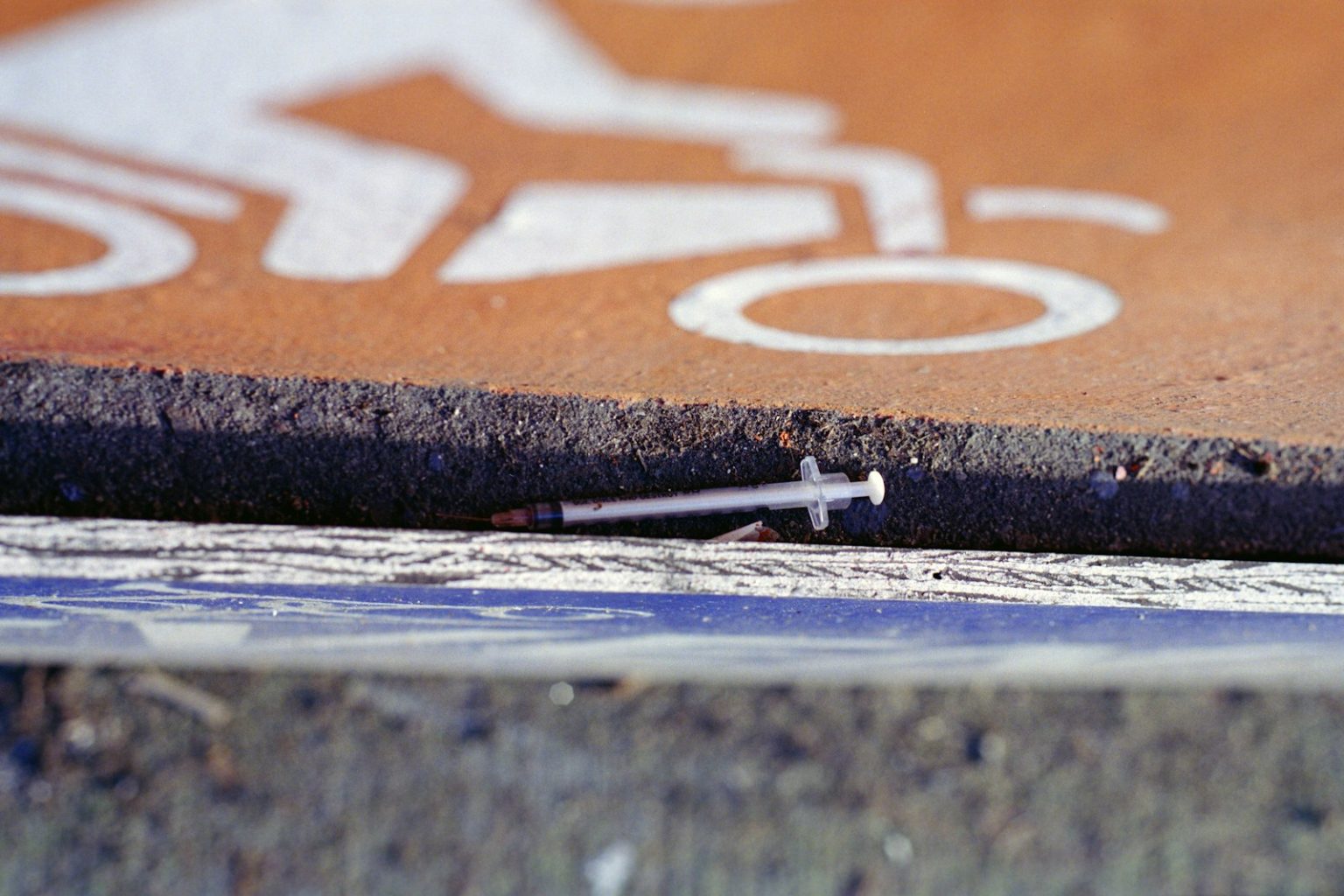The approach I would take depends significantly on my child’s age. For those under 18, I believe in taking immediate, dramatic action. For adult children, I recognize the limitations of parental control while still offering a path to help.
For Minors: Decisive Intervention
If my child were under 18 and using heroin, I would not hesitate to take extreme measures. I would sell everything I own if necessary and physically relocate us away from the environment enabling their drug use. This includes removing them from their current friend group and taking away their phone to sever connections with dealers and users.
This might seem harsh, but heroin isn’t just another teenage mistake—it’s potentially fatal from the first use. The stakes are simply too high for half-measures or concerns about being the “cool parent.” When your child’s life hangs in the balance, decisive action trumps all other considerations.
View this post on Instagram
For Adult Children: Honest Communication
The situation changes dramatically once a child turns 18. The legal reality is that I can no longer force them into treatment or control their movements. In this case, my approach would center on honest, direct communication.
I would sit them down and share this simple truth: “I haven’t met one person in my life that tried heroin that is either not dead or completely screwed up.” This isn’t exaggeration or scare tactics—it’s the brutal reality of this particular drug.
I would then make it clear that help is available, saying something like: “If you want my help, this would be a great time to ask for it.” This opens the door while respecting their autonomy as an adult.
Leading with Love
Regardless of age, I would ensure my child understands that my concern comes from a place of love, not judgment. I would explicitly state: “The only reason I’m telling you this is I only want you to be happy and healthy. I love you and appreciate you.”
This framing is crucial. Many parents react with anger, shame, or disappointment when discovering drug use, which often pushes the child further away and deeper into addiction. By emphasizing that my motivation is their wellbeing rather than my disappointment, I create space for them to accept help without feeling condemned.
Why This Approach Matters
My philosophy stems from understanding both the nature of addiction and the reality of parental influence. For younger children, physical intervention works because:
- Heroin creates physical dependency incredibly quickly
- Environmental factors heavily influence continued use
- The developing brain is particularly vulnerable to addiction
- Legal guardianship provides the authority to take action
For adult children, respecting their autonomy while offering support acknowledges the reality that forced intervention often fails with adults. Instead, creating a judgment-free pathway to help increases the chances they’ll eventually seek treatment.
The heartbreaking truth about heroin addiction is that many users don’t get multiple chances. Unlike some substances where users can hit bottom and recover, heroin’s lethality—especially in today’s world of fentanyl-laced supplies—means many users never get the opportunity to turn their lives around.
I hope no parent ever faces this situation. But if you do, remember that your response should balance appropriate intervention with unconditional love. Sometimes the most loving thing you can do isn’t the easiest or most comfortable approach—it’s the one that gives your child the best chance at survival and recovery.
Frequently Asked Questions
Q: What signs might indicate my child is using heroin?
Watch for dramatic behavioral changes, unexplained financial needs, missing valuables, track marks on arms or legs, constricted pupils, drowsiness followed by hyperalertness, and finding drug paraphernalia like needles, spoons with burn marks, or small baggies. Weight loss and declining personal hygiene are also common indicators.
Q: Should I involve law enforcement if I discover my child is using heroin?
This is a deeply personal decision. Some parents find that legal intervention provides access to court-mandated treatment programs. Others worry about the long-term consequences of criminal records. Consider consulting with an addiction specialist who can help evaluate whether the benefits of legal involvement outweigh the potential drawbacks in your specific situation.
Q: What resources are available for parents of heroin users?
Look into organizations like Nar-Anon and Parents of Addicted Loved Ones (PAL), which offer support groups specifically for family members. SAMHSA’s National Helpline (1-800-662-HELP) can connect you with local treatment options. Many communities also have family therapy programs specializing in addiction that can help the entire family system heal and support recovery.
Q: How do I approach the conversation if I suspect heroin use?
Choose a time when both of you are calm and not rushed. Speak from a place of concern rather than accusation. Use “I” statements like “I’ve noticed changes in your behavior that worry me” rather than “You’re acting like an addict.” Be prepared for denial or anger, but stay focused on your concern for their wellbeing and your willingness to help them find treatment.
Q: What treatment options are most effective for heroin addiction?
Medication-assisted treatment (MAT) combining medications like buprenorphine or methadone with counseling shows the highest success rates. Residential treatment programs offer structured environments away from triggers, while intensive outpatient programs allow people to maintain some normalcy in their lives. Recovery is highly individualized, so a professional assessment is crucial to determine the most appropriate treatment path.







